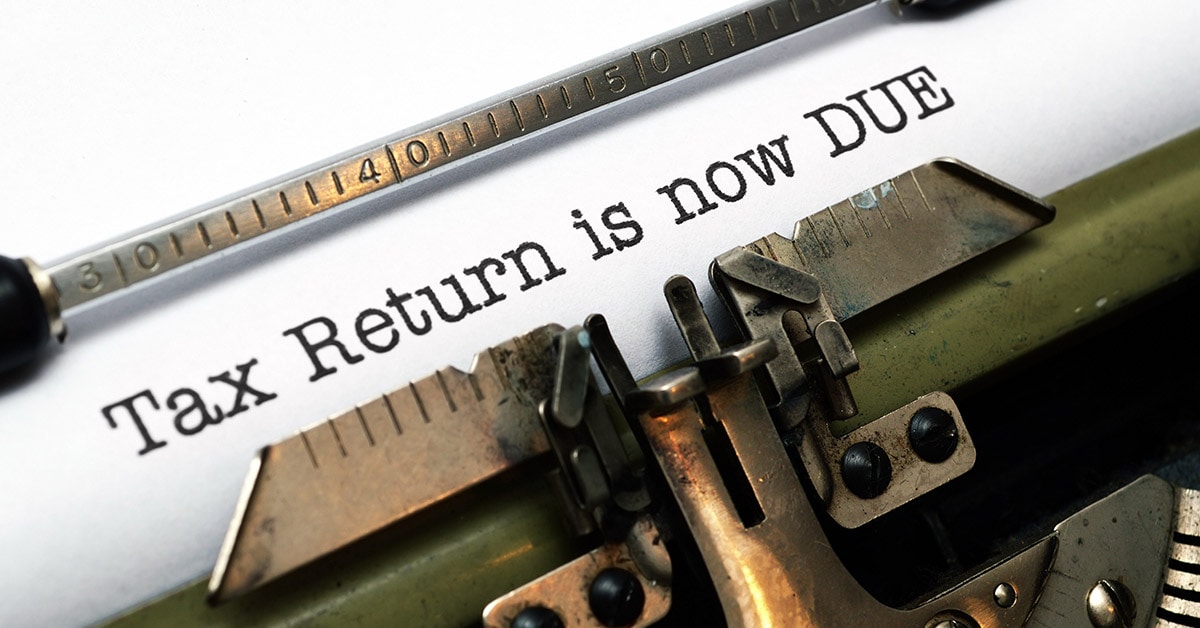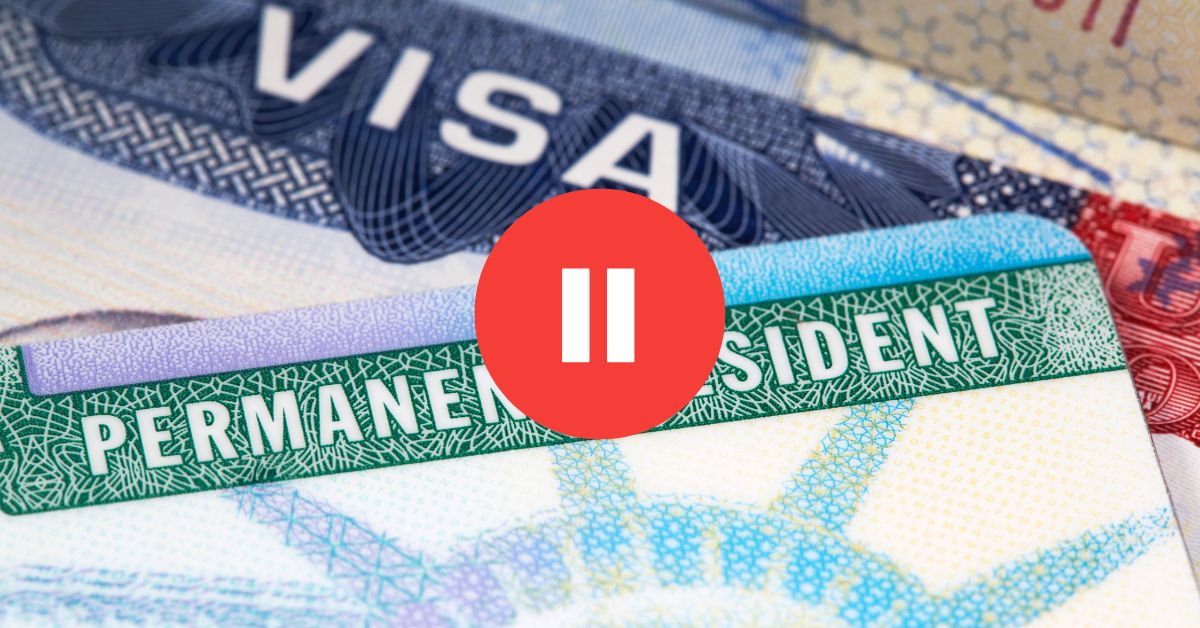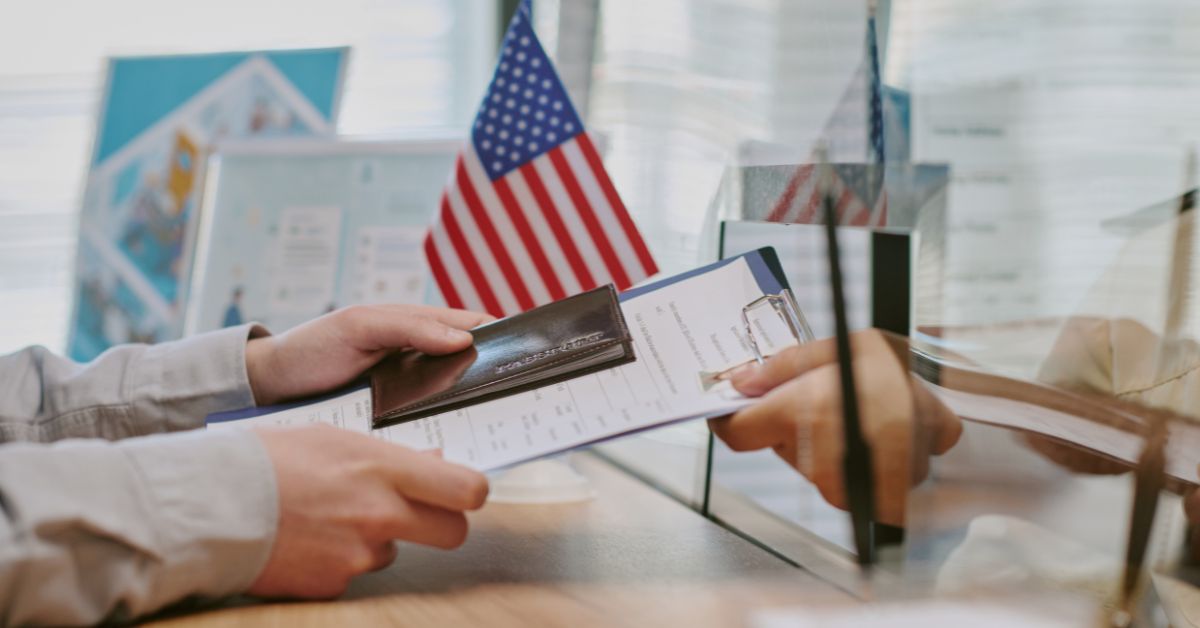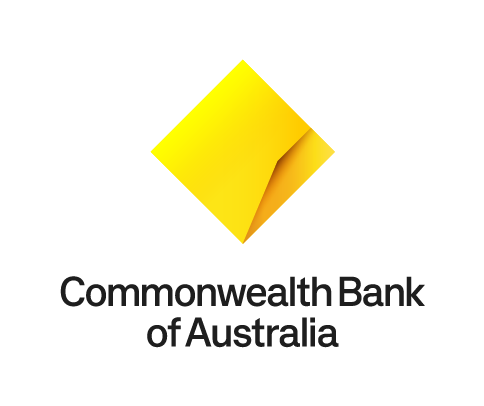Applying for an E-3 visa means proving more than just your qualifications and job offer—you also need to demonstrate that you have strong ties to Australia and intend to return after your visa expires. Unlike some other nonimmigrant visas, the E-3 is unique because it requires applicants to show “nonimmigrant intent” but does not demand proof of a residence abroad that they cannot abandon. However, during your visa interview, the consular officer may still ask for evidence that you have compelling reasons to return home. Here's how you can prepare.
One thing to note at the outset, is that like anything in this space, some people will report that they were extensively questioned about this, and others will say that they barely mentioned it. It comes down to the officer on the day, and your personal circumstances, so being overly prepared is always important.
1. Financial and Professional Ties
Showing financial and career commitments in Australia can strengthen your argument that you plan to return and are some of the most tangible objects you can carry because there's documented proof of their existence that is easier to print onto paper.
- Property ownership or long-term lease agreements – If you own a home, investment property, or have a long-term lease in Australia, bring documentation as evidence. This is one of the best ties you can find because it really shows your physical investment in Australia.
- Australian bank accounts and investments – Having active bank accounts, superannuation funds, or ongoing investments in Australia suggests financial engagement with your home country. Print statements and bring a few months to show activity and not that you're emptying everything to go.
- Business ownership or professional affiliations – If you own a business in Australia or are part of professional organizations (such as CPA Australia or Engineers Australia), this can demonstrate an ongoing connection to the Australian job market and any proof you can show of this is helpful.
- Career history and future job prospects – Consular officers want to see that you have viable opportunities in Australia. If you have past employment or future job prospects lined up, letters from past employers or expressions of interest from potential employers can be helpful. In many cases this will be harder to show, because you likely aren't applying for jobs while you apply overseas, but really anything that shows you do see a long-term future back in Australia is key.
2. Family and Personal Connections
One of the most effective ways to show ties to Australia is by demonstrating strong family and personal connections.
- Immediate family in Australia – If you have a spouse, children, or dependent family members living in Australia, mention them if you're asked. In many cases you will be bringing some or all of those people with you, so keep that in mind before you rely on them as ties to Australia but you can use their relationship with Australia to your advantage.
- Extended family and social ties – Highlight your relationships with parents, siblings, and close relatives who live in Australia. If you have significant social ties, such as involvement in community organizations, sports clubs, or volunteer groups, these can also support your case and having a letter from any of these organizations can be handy just in case. Having a rich history of connections and community in general will go a long way to show that you're not abandoning anything—just temporarily moving away.
3. Commitments That Require Your Return
Consular officers look favorably on obligations that require you to return to Australia.
- Education commitments – If you are enrolled in a course or have plans to pursue further education in Australia, provide enrollment documents.
- Health and insurance ties – Ongoing health insurance, medical treatments, or family members requiring your care can be indicators of strong home ties.
- Legal or contractual obligations – If you are bound by legal agreements such as a business contract, mortgage, or ongoing financial commitments in Australia, these serve as proof that you have reasons to return.
Final Tips for Your Interview
- Be clear and confident when discussing your ties to Australia.
- Bring relevant supporting documents, but don’t overwhelm the officer with excessive paperwork—only provide what is necessary.
- Avoid vague or uncertain answers about your future plans, as this can raise red flags. The more you prepare and have clear answers, the better you'll do.
As I said at the top, being overly prepared is key. By preparing solid evidence of your family, financial, and professional connections, you'll be in a strong position to secure your visa approval.


















